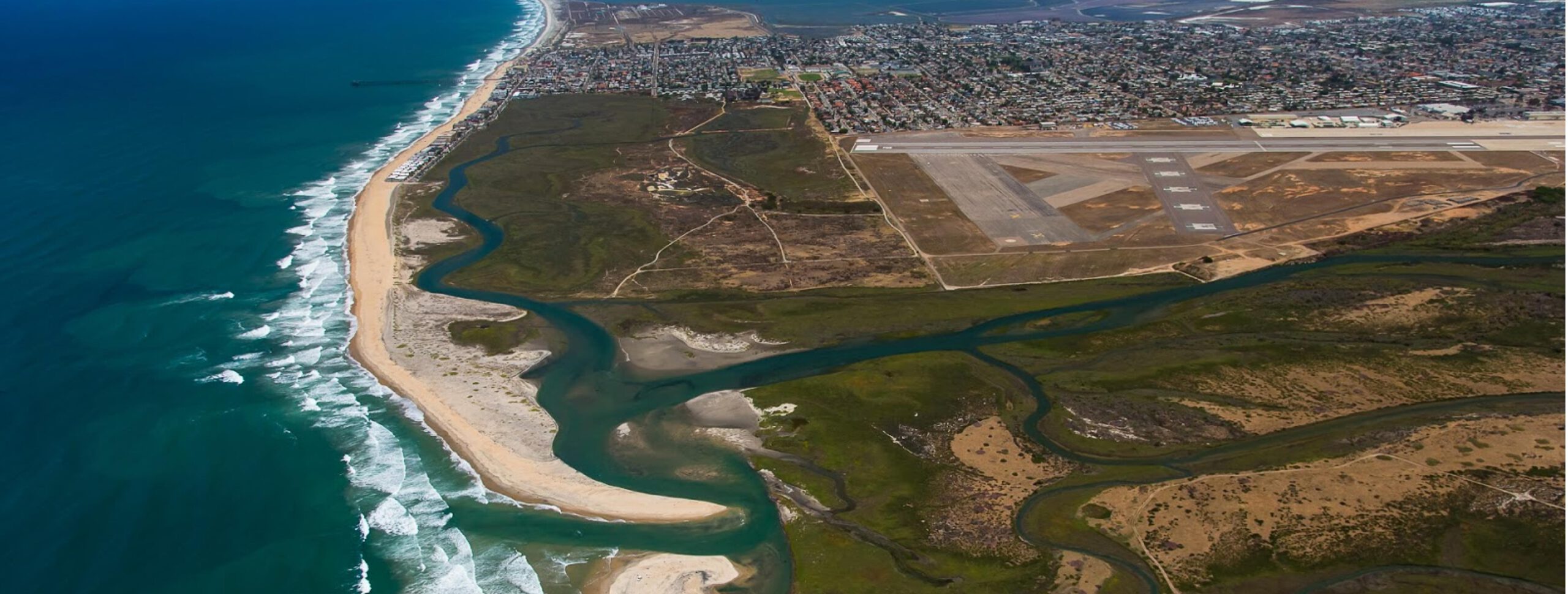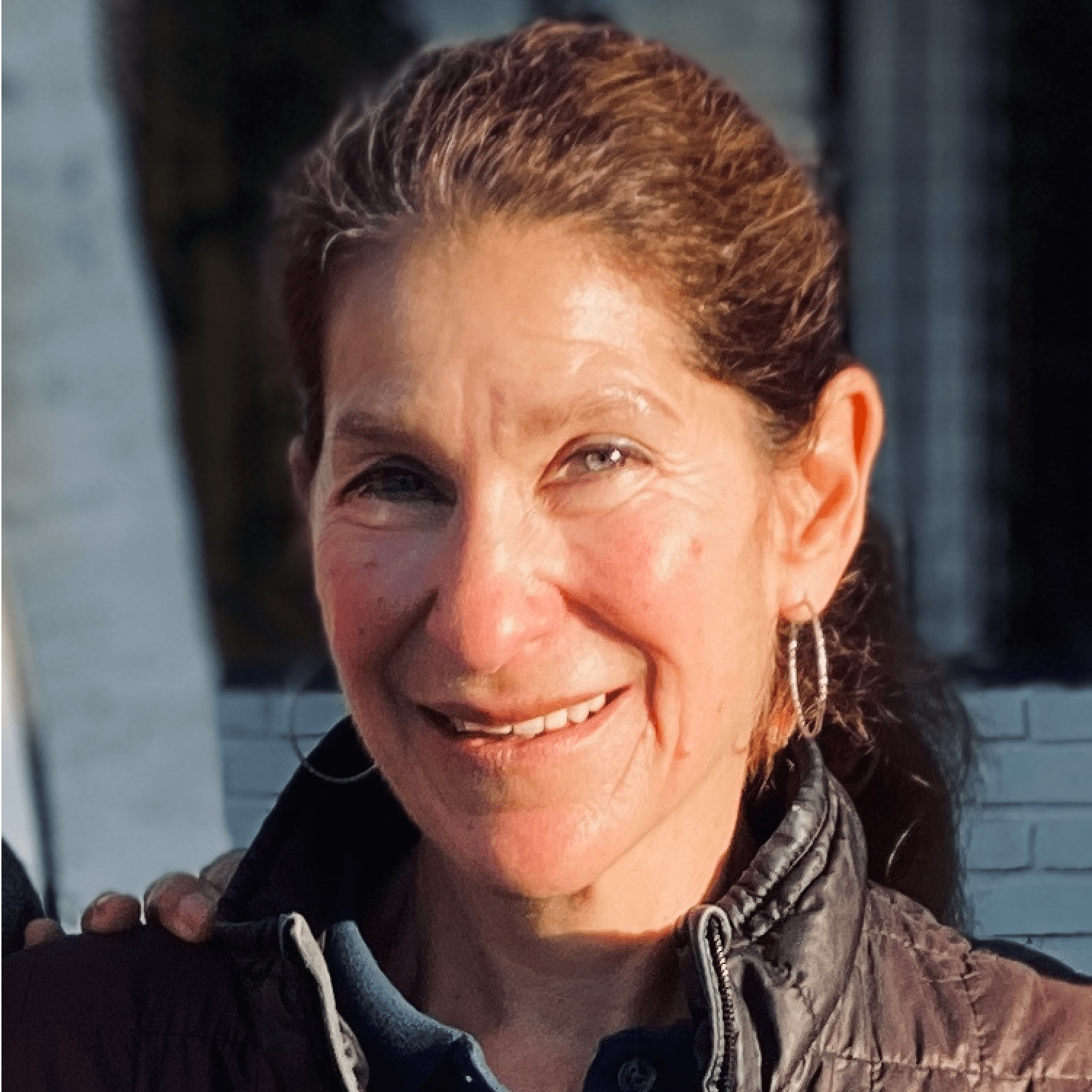This post is also available in: Español (Spanish)
Plastics and tires generated in Tijuana are chronically and illegally dumped into the canyons and ravines along the Tijuana River, which are then washed into coastal areas that eventually enter the Pacific Ocean. It is estimated that 300 tons of waste produced per day in Mexico’s northwesternmost city is not collected (USEPA 2015). This pollution has dire impacts on fragile ecosystems and wildlife as well as public health.
The impacted watershed’s coastal area contains 18,987 protected acres of some of the most ecologically significant coastal and marine ecosystems in Southern California, including Tijuana River National Estuarine Research Reserve, Tijuana River Valley Regional Park Preserve, and Tijuana River Mouth State Marine Conservation Area. These areas are critical habitats for leopard sharks, bottlenose dolphins, California spiny lobster, and over 300 bird species. They also provide recreational sites used by many low-income and park deficient communities in south San Diego County and Tijuana.

WILDCOAST has been working on border pollution issues since 2004 with binational campaigns for clean water and beaches (right). In 2010, WILDCOAST led a waste study that determined that 33 percent of debris found in this area were plastics and polyethylene. Since then, WILDCOAST has helped pass legislation in California to reduce plastic waste in the watershed, piloted a tire recycling project in Tijuana, and engaged more than 10,000 residents in cleanups, restoration, and advocacy.
Plastic Capture Technology
WILDCOAST’s Clean Currents Coalition project is located specifically in Tijuana’s Los Laureles canyon. The estimated 65,000 residents of the canyon generate around 54,740 tons of solid waste per day, or about 752 grams per person. Calculations reveal that less than two percent of the waste generated in Los Laureles is collected by Tijuana’s Public Services Agency; the remaining is abandoned by residents on the banks of the tributary. Seasonal rains create a strong stream flow that pulls in that waste, posing significant public health and ecosystem threats downstream.

As a solution, with the support of CCC, WILDCOAST will install the first-ever plastic retention system in Mexico to collect this waste before it arrives at the Tijuana River. The objective is to analyze and recycle this waste and prevent it from reaching the fragile coastal and marine ecosystems of the Pacific Ocean.
WILDCOAST will install the retention system within a drainage box located in a paved area of the stream. This will provide better maneuverability for proper and safe management of the retained waste. This system consists of a heavy-duty containment barrier called a BRUTE BOOM, which is designed to optimally contain floating and submerged trash. With the help of the community, the waste will be sorted and re-used for local repurposing and recycling.

Community, Communications, & Policy
WILDCOAST has also developed a communications strategy involving community outreach and a city-wide campaign, with the goal of creating behavioral change in Tijuana regarding plastic consumption and disposal. The strategy includes: community forums in Los Laureles to better understand the communities’ view on plastic waste in their neighborhood; awareness campaigns; and a set of actions for community-based solutions to reduce plastic waste in the Tijuana River.
Local celebrities such as the Tijuana baseball team, Los Toros, the Tijuana soccer team, Xolos, as well as the iconic lucha libre wrestler El Hijo del Santo, will be associated with the campaigns to strengthen the message and broaden outreach. These campaign messages will be broadcasted on local, national, and international news outlets to push for the behavioral change needed to clean Tijuana and the border region. WILDCOAST will also meet with local and state officials in Tijuana to present data from the plastic-intercepting device to advocate for improved waste infrastructure and shifts to alternative materials in Tijuana’s communities.
WILDCOAST is very excited to embark on this unique opportunity to stop ocean-bound plastic waste on the US-Mexico border.

